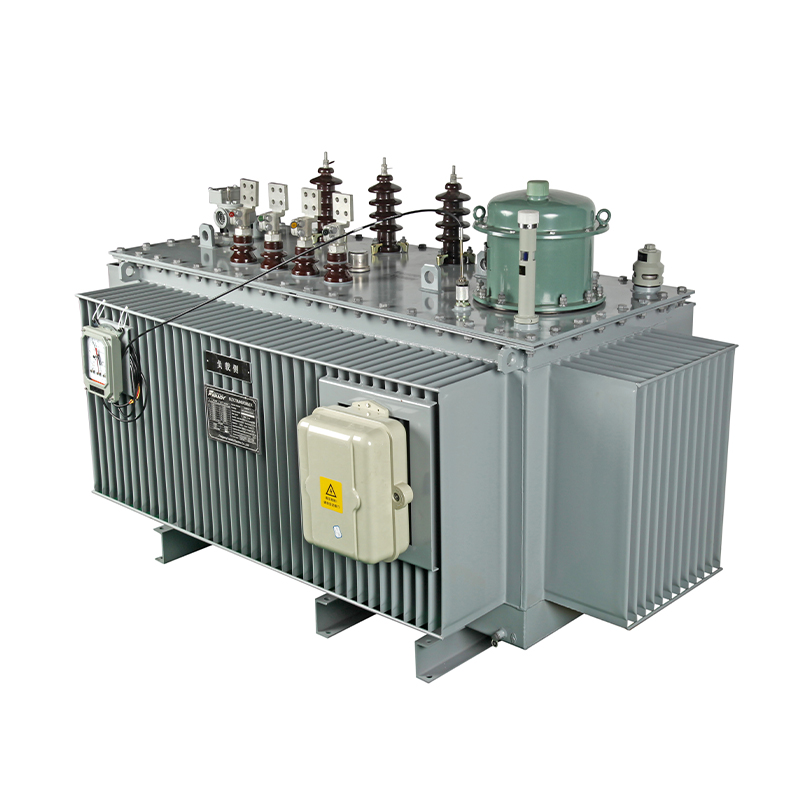Research on Intelligent Control Technology of Stepped Voltage Regulator

Research on Intelligent Control Technology of Stepped Voltage Regulator
1、 Introduction
A stepper voltage regulator is a device that can automatically adjust the output voltage based on the input pulse frequency of a stepper motor through a frequency voltage conversion circuit and a voltage adjustment circuit. With the continuous development of microelectronics technology, digital control technology, and artificial intelligence technology, the intelligent control technology of stepper voltage regulators has also become a research hotspot. This article will focus on the research of intelligent control technology for stepper voltage regulators.
2、 Basic principle of stepper voltage regulator
The working principle of a stepper voltage regulator is based on the relationship between the input pulse frequency of the stepper motor and the output voltage. When the input pulse frequency changes, the frequency voltage conversion circuit will correspondingly change its output, and then adjust the output voltage through the voltage adjustment circuit. This adjustment method can enable the stepper motor to obtain suitable voltage at different frequencies, thereby optimizing its operating performance.
3、 Application of Intelligent Control Technology in Stepped Voltage Regulator
1. Sensor technology: In a stepper voltage regulator, sensors are used to monitor the operating status of the motor in real time, such as speed, current, temperature, etc. These data provide important feedback information for intelligent control systems, helping to achieve more precise control.
2. Control algorithm: Intelligent control algorithms such as PID control, fuzzy control, neural network control, etc. are widely used in stepper voltage regulators. These algorithms can automatically adjust control parameters based on feedback data from sensors to achieve better control effects.
3. Communication technology: The stepper voltage regulator exchanges real-time data with the upper computer or other devices through high-speed communication interfaces such as CAN bus, EtherCAT bus, etc. This enables the intelligent control system to timely obtain the operating status of the motor and remotely monitor and control it.
4、 The advantages and challenges of intelligent control technology
1. Advantages: Intelligent control technology can improve the control accuracy and response speed of stepper voltage regulators, reduce energy consumption and noise, and enhance the stability and robustness of the system. Meanwhile, real-time management and maintenance of the motor can be conveniently achieved through remote monitoring and control.
2. Challenge: Although intelligent control technology has many advantages, it also faces some challenges in practical applications. For example, how to choose appropriate control algorithms and parameters for different types and operating conditions of motors; How to ensure the stability and reliability of intelligent control systems in harsh environments; And how to reduce the cost of intelligent control technology and make it more widely applied in various situations.
5、 Future Development Trends
With the continuous development of technology, the intelligent control technology of stepper voltage regulators will move towards higher precision, efficiency, and intelligence. Specifically, the following development trends may emerge in the future:
1. Adopt more advanced control algorithms and artificial intelligence technology to achieve more precise control and optimized performance.
2. Develop an intelligent control system with adaptive capabilities that can automatically adapt to changes in different motor types and operating conditions.
3. Implement networked connection and collaborative control between stepper voltage regulators and other devices, and build a more intelligent motor control system.
4. Pay attention to energy conservation and environmental protection, develop low-power and high-efficiency stepper voltage regulators and their intelligent control technology.
6、 Conclusion
The research on intelligent control technology of stepper voltage regulator is a topic of great significance. By delving into its basic principles, current applications, advantages and challenges, as well as future development trends, we can better understand and grasp the connotation and value of this technology. At the same time, it is hoped that this article can provide some useful references and inspirations for research and practice in related fields.
Relate Products
Relatenews
- Application and Challenges of step voltage regulator in Ocean Engineering 2024-12-26 15:41:41
- Seismic performance evaluation and reinforcement suggestions for step voltage regulator 2024-12-26 15:41:39
- Compact Design and Space Optimization Scheme of step voltage regulator 2024-12-26 15:41:38
- Discussion on the Integration of Intelligent Manufacturing and Industrial Internet of Step by step voltage regulator 2024-12-26 15:41:37
- Step Voltage Regulator Running In Cote D’vote Cie 2024-10-15 09:56:00




